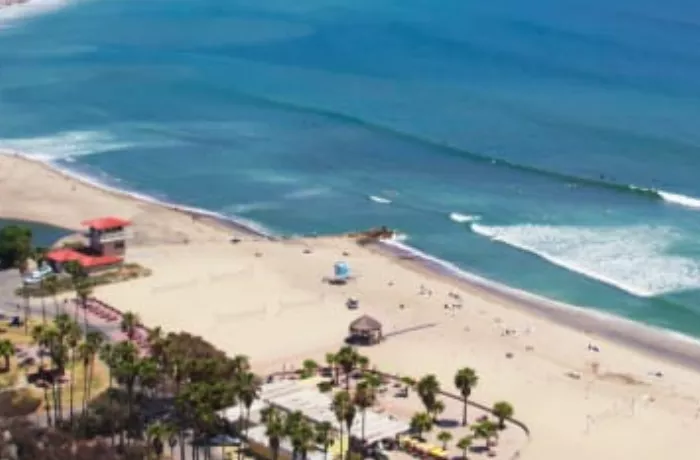MAPUTO, Mozambique — Civil unrest continues to grip Mozambique following the country’s general elections on October 9, resulting in at least 67 deaths and widespread disruptions. The violence has escalated in recent days, with all roads leading in and out of the capital city, Maputo, being closed after an armored vehicle struck and killed a woman, intensifying clashes between protesters and security forces. The road closures have now lasted for three consecutive days.
The unrest stems from accusations of election rigging and the re-election of President Filipe Nyusi and the ruling Frelimo party, which has held power since Mozambique’s independence from Portugal in 1975. The country, known for its world-class surf spots like Praia Do Tofo, has seen increasing protests, particularly among youth, who are calling for political change.
Political Protests Spread Across the Country
The opposition, led by figures such as Venâncio Mondlane, has fueled widespread demonstrations. Mondlane, reportedly in hiding due to safety concerns, has called for daily road blockages from noon to 4 p.m. in protest against the election results. The protests, which began in Maputo, have now spread to other areas, including Vilanculos, a coastal city north of Tofo, leading to more road closures and increasing tensions.
Recent confrontations between protesters and police have seen police forces firing on demonstrators, many of whom have used pots and pans to voice their dissatisfaction with the election outcome. As protests continue, the country’s political leaders are engaged in negotiations to quell the unrest. However, the situation remains volatile, with President Nyusi seen departing Maputo by helicopter in recent days.
Impact on Surf Tourism
The ongoing unrest has significantly impacted Mozambique’s tourism industry, particularly in areas like Tofo, which are renowned for their surf breaks. While local surfers report no direct issues accessing surf spots, travelers to the country face serious disruptions. Sung Min “Mini” Cho, a local surfer from Tofo, has advised against visiting Mozambique at this time, given the tense political climate.
“I’ve already had to tell some friends to cancel their trips because of the situation. There’s a lot of tension in the country, and it’s not advised to travel right now,” said Mini, who also expressed solidarity with the youth-driven movement for change. “If surfers do decide to come, I would recommend staying along the coast and avoiding major cities like Maputo, as that’s where the situation is most tense.”
Mozambique, which was embroiled in a civil war from 1977 to 1992, has seen significant growth in its surf tourism industry in recent years. Despite this, many locals have not felt the economic benefits of the tourism boom, and the country remains one of the poorest in the world. The recent protests reflect widespread frustration with the government’s handling of corruption, economic decline, and the lack of transparency in the electoral process.
Tourism Bookings Plummet
The unrest is already having a serious impact on Mozambique’s tourism sector. Mini Cho reported that up to 50% of bookings for the end of the year in Inhambane, where Tofo is located, have been canceled. “Tourism is definitely affected. Locals are feeling the impact, and the aftermath of all this will be intense. But hopefully, if change happens, it will all be worth it,” Mini said.
With many young people in Mozambique rallying for change, social media has become a key platform for the movement, providing hope for a more transparent and democratic future. However, the immediate future remains uncertain, and the protests show no signs of slowing down.
Communication Restrictions and Safety Concerns
Though no violence has been reported in Mozambique’s small coastal surf towns, including Tofo and Ponta do Ouro, travel remains difficult due to the roadblocks and the ongoing political instability. Additionally, a nightly communications curfew has been enforced, with the internet being shut down at 7 p.m. daily. Only those with access to satellite internet services, such as Starlink, have been able to maintain uninterrupted communication.
As the situation continues to unfold, travelers and locals alike are bracing for further disruptions, with surf tourism being among the hardest-hit sectors in the country. For now, surfers planning to visit Mozambique are urged to stay informed about the rapidly changing circumstances before making travel decisions.
Related topics
- Kolohe Andino Launches New Surf Brand, Steko
- Nazaré to Host First-Ever Surf Film Festival on December 28
- China’s Camping Tourism Standard Project Launched by ISO

